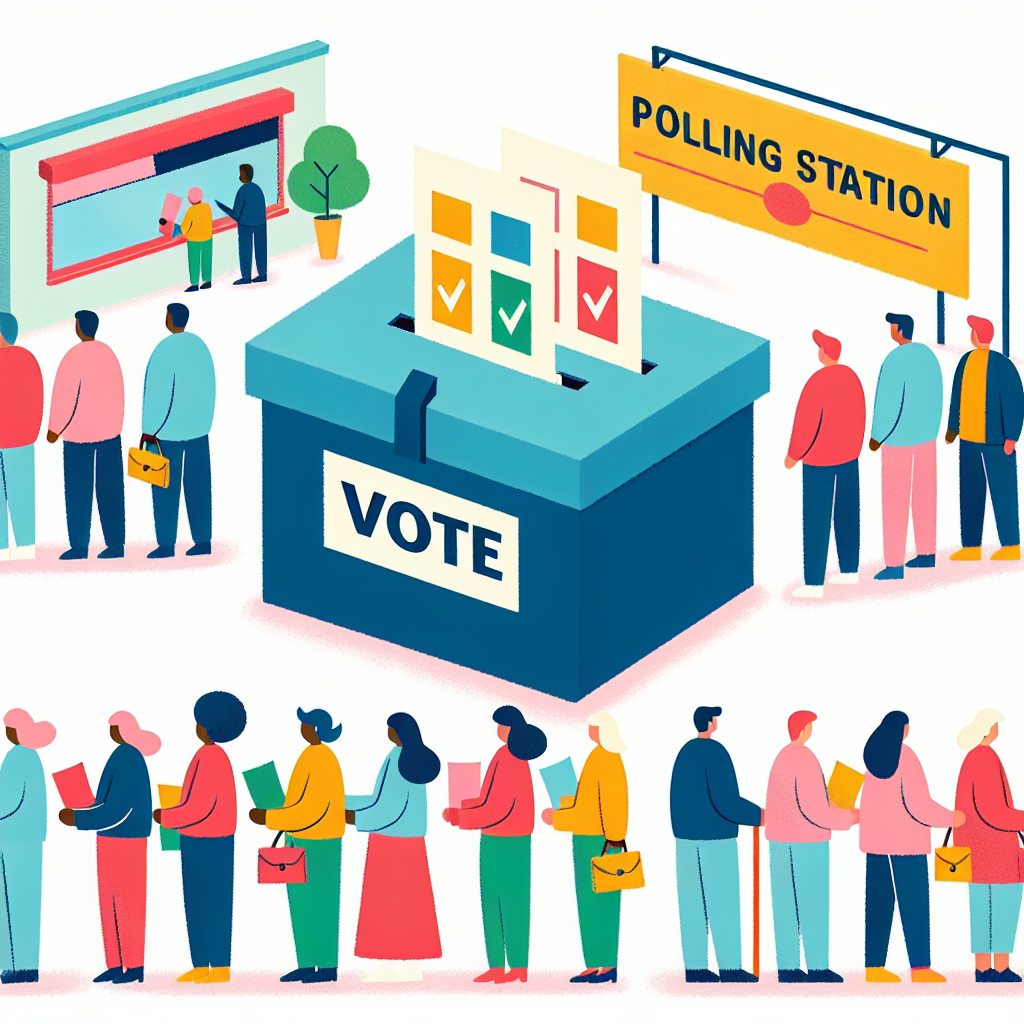Bulgaria's Political Limbo Persists Amid Seventh Snap Election
Bulgaria's seventh snap election in four years is unlikely to resolve the political deadlock stalling economic reforms in the EU's poorest member state. Continued political instability, driven by fragmented parliaments and rivalries, threatens to delay eurozone accession and bolster populist parties over establishment ones.

Bulgarians headed to the polls on Sunday for their seventh snap election in four years but faced dim prospects of resolving the political impasse that has hampered economic reforms. The country, plagued by short-lived governments since anti-graft protests in 2020 ended a GERB-led coalition, remains the European Union's poorest member state.
Voter sentiment suggested skepticism towards the political elite. After casting his ballot, Marin Kushev, 69, expressed doubt about the formation of a new government. Opinion polls suggested no single party will secure a parliamentary majority, heralding prolonged coalition negotiations.
Gallup International Balkans poll results placed GERB at 26.1%, while PP and the pro-Russian Revival party contested the second spot. Observers also noted concerns over Bulgaria's eurozone aspirations, with Teneo highlighting potential voter drift towards populist and nationalist factions amid ongoing political chaos.
(With inputs from agencies.)
ALSO READ
Trump's New Administration Lineup: Excludes Pompeo & Haley
Family Feuds on the Ballot: Maharashtra Elections Unveil Dynastic Drama
Operation Nanhe Farishte: Reuniting Lost Children
Zayed National Museum: Unveiling UAE's Rich Heritage
Bollywood Giants Ajay and Aamir Hint at an 'Ishq' Sequel: A Nostalgic Reunion









